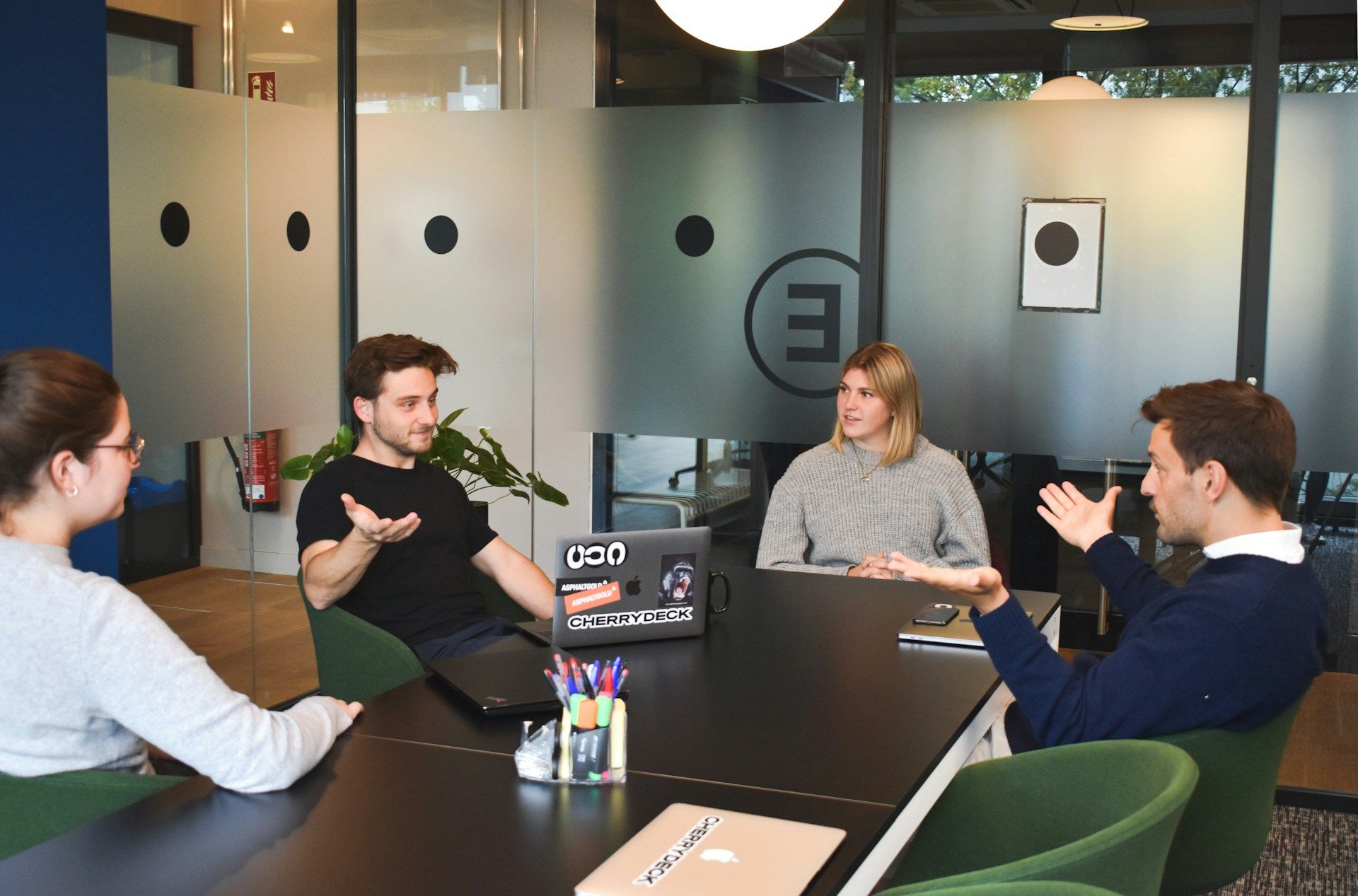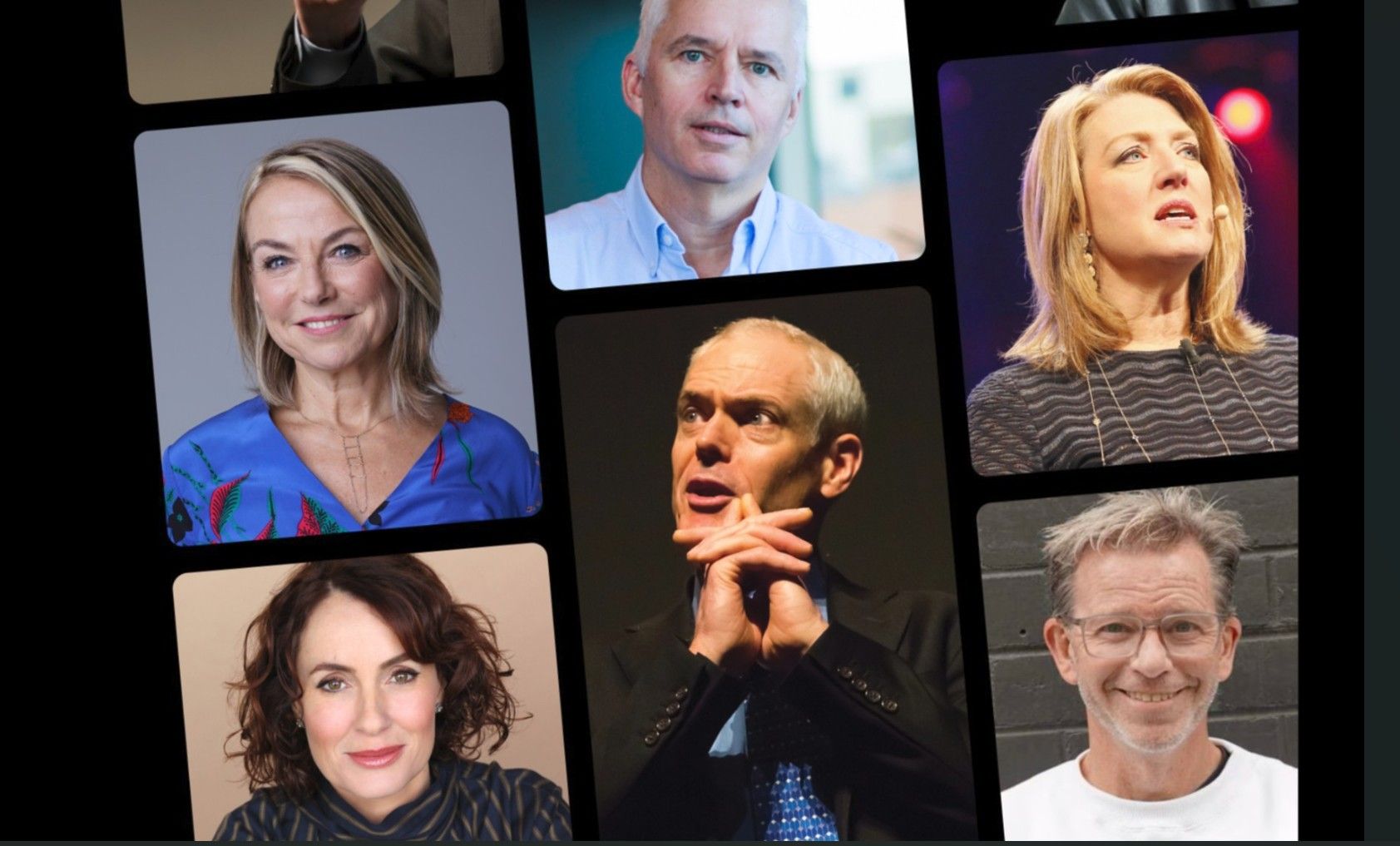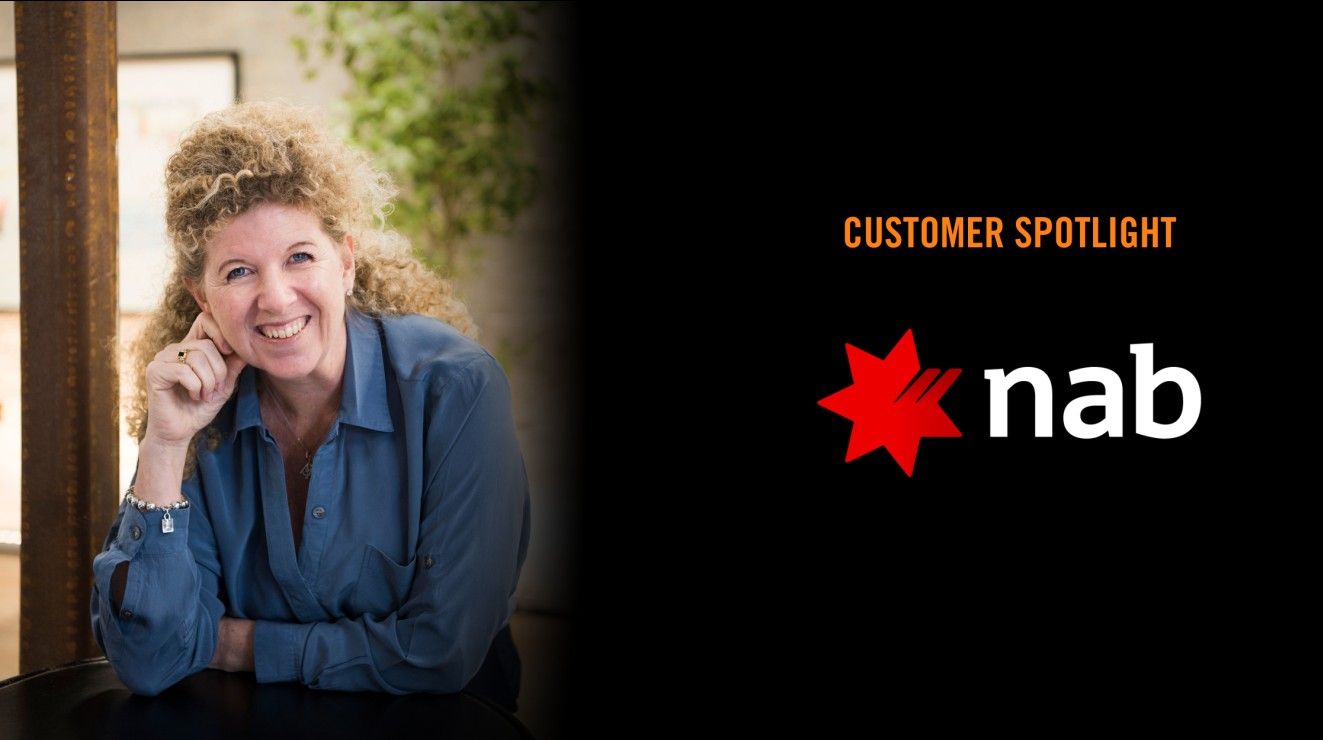7 practical ways to lift your adaptability skills
Adapting to Change Masterclass
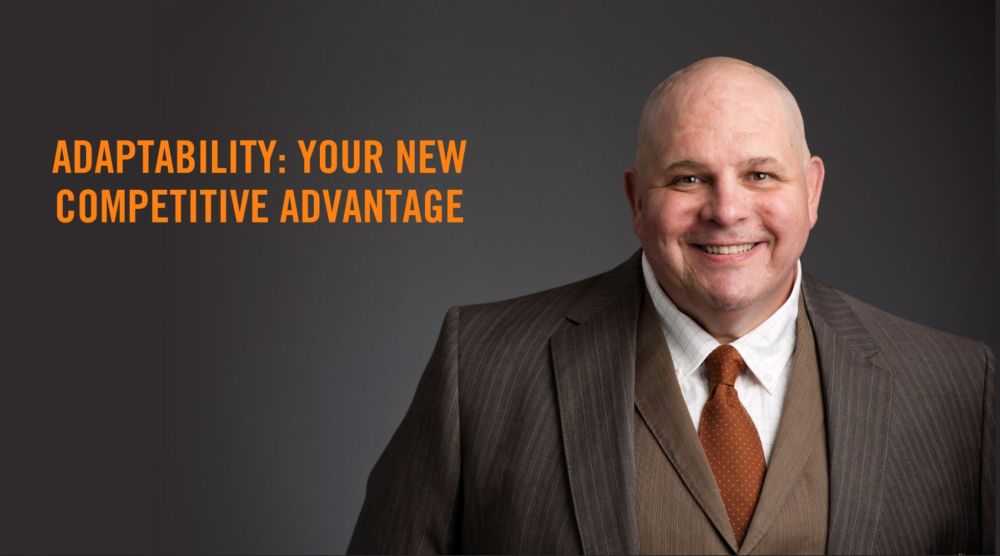
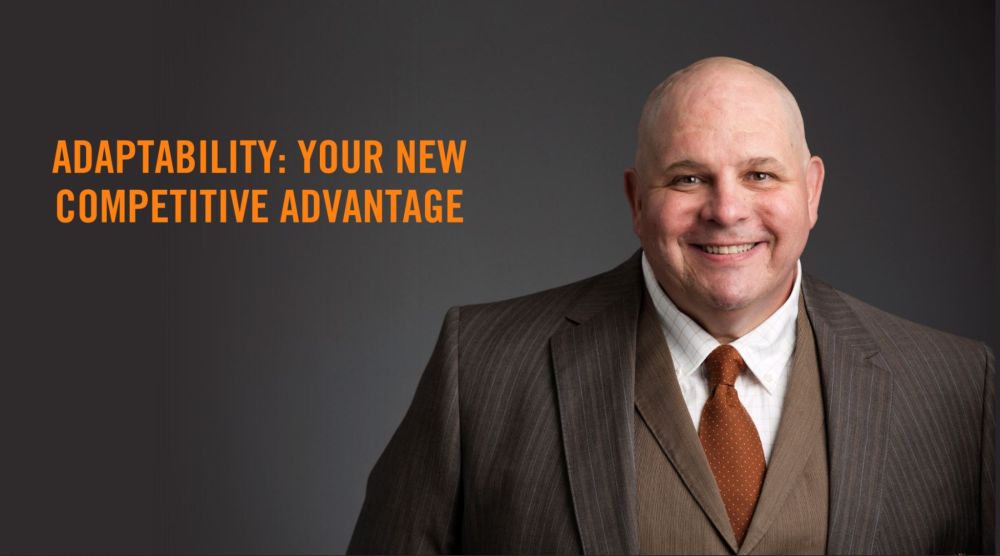
People
Upcoming Learning
Who's Up Next?We're continually sourcing the world's greatest minds for your business success, so subscribe today for event updates, business ideas, leadership tips and tools for growth.
Related Articles
